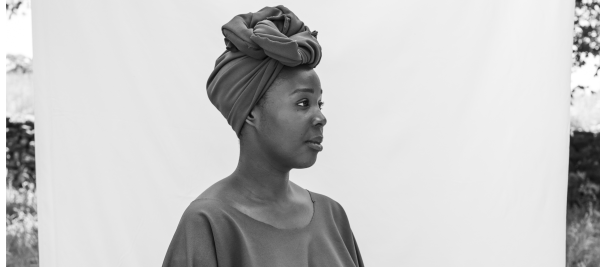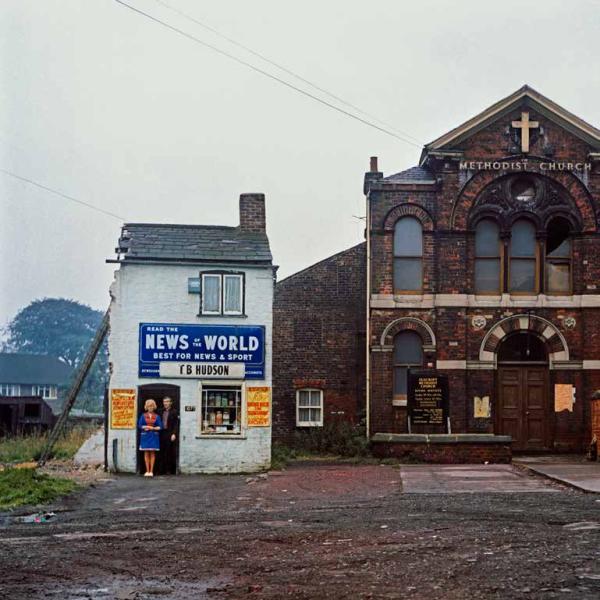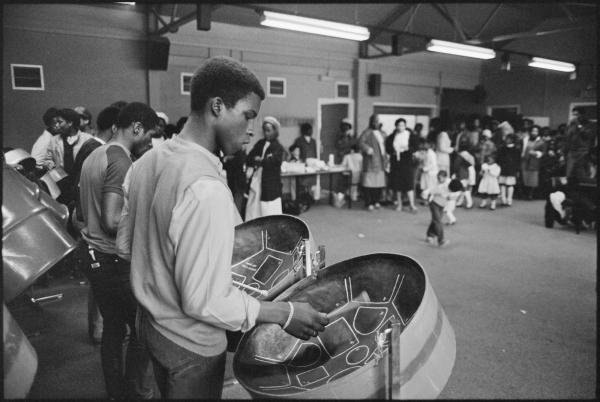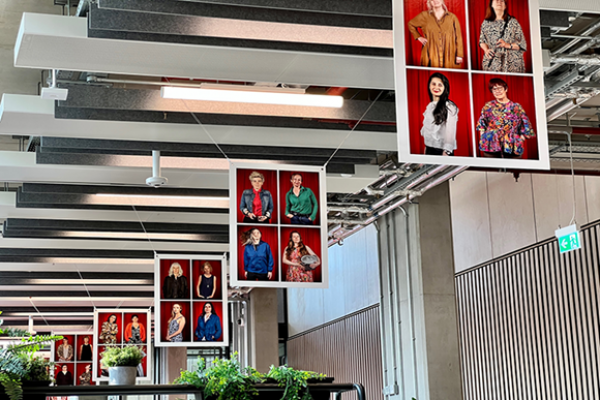The Chapeltown Photography Project
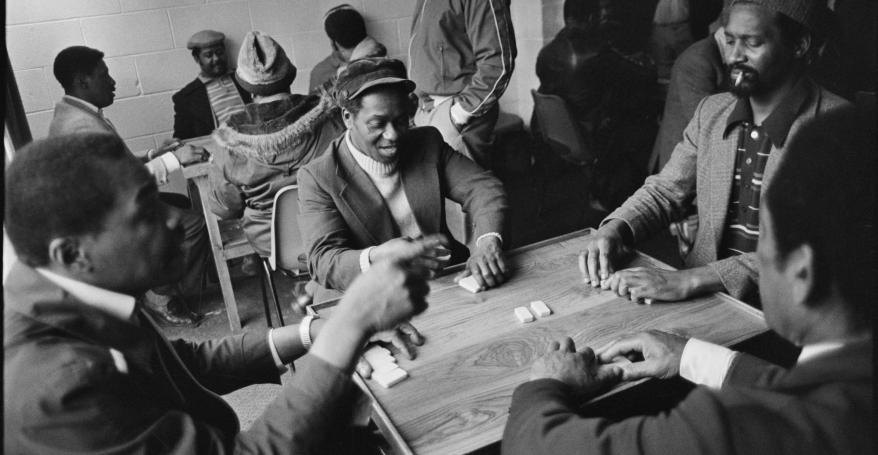
A new photography project from Historic England has been launched, which aims to capture Chapeltown’s African and Caribbean community.
The Chapeltown Photography Project will be led by photographer and local resident Solomon Charles-Kelly who will work with the community over the next five months to create a portrait of the North Leeds suburb. He will be supported by Lens Lab Project, a Leeds-based non-profit arts organisation.
Since the end of the Second World War, Caribbean and African people have made Chapeltown their home and the area has since become synonymous with the community. This is due, in part, to high-profile cultural events such as the legendary club nights held at the Leeds West Indian Centre (now the Leeds Caribbean and African Centre), which regularly had hour-long queues and the annual Leeds West Indian Carnival, the second largest of its kind after Notting Hill in London.
Working closely with the Leeds Caribbean and African Centre, and other local community organisations, Solomon plans to capture the cultural vibrance and rich character of Chapeltown, as well as challenge some of the negative perceptions of the area.
A selection of images from the residency will be added to the Historic England Archive, where they will tell a story about the community in this moment of time.
Solomon said: “It means a lot to me to be able to tell the story of Chapeltown, and my community. I have lived here my whole life and I have seen it change drastically through increasing gentrification. I want to show the African and Caribbean community in Chapeltown as it is now - as rich, varied and still cohesive despite big changes to the area.”
The Chapeltown Photography Project follows on from an exhibition curated by the Historic England Archive, which featured images of an event at the Leeds Caribbean and African Centre in 1983. The exhibition formed part of the venue’s 40th anniversary celebrations and offered a fascinating slice of local social history with men smoking and playing dominoes, young children playfighting and a youth steel drum band performing.
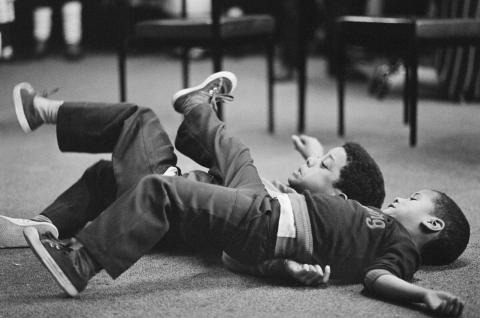
Charlotte Hill, Archive Engagement and Projects Manager at Historic England, said: “It was fantastic to be able to support a celebratory event at the Centre last October, where the images were a real talking point. We realised then that there were more stories to tell and we wanted to create an opportunity for the community to capture these.
“We are really excited to see what perspectives the Chapeltown community will record through the creation of a new set of photographs. Adding a selection of the photographs into the Historic England Archive will mean that the memories and stories will be available for generations to come.”
Natasha Logan from the Leeds Caribbean and African Centre said: “At the centre, we felt Solomon would be a great match for us as not only has he got the photography skills but demonstrated his ability to work with the community too. Sol is also a member of the Chapeltown community and he is well aware of the centre’s history, successes and challenges. This is an opportunity for growth and development for us all.”
Wes Foster from Lens Lab Project said: “With two of the three directors of Lens Lab Project living and making photographic work in Chapeltown, we know what a rich and vibrant place it can be. We’re extremely excited to be working with the Leeds Caribbean and African Centre and Historic England to support Solomon in telling the story of communities here through engagement, archives and photography.”
